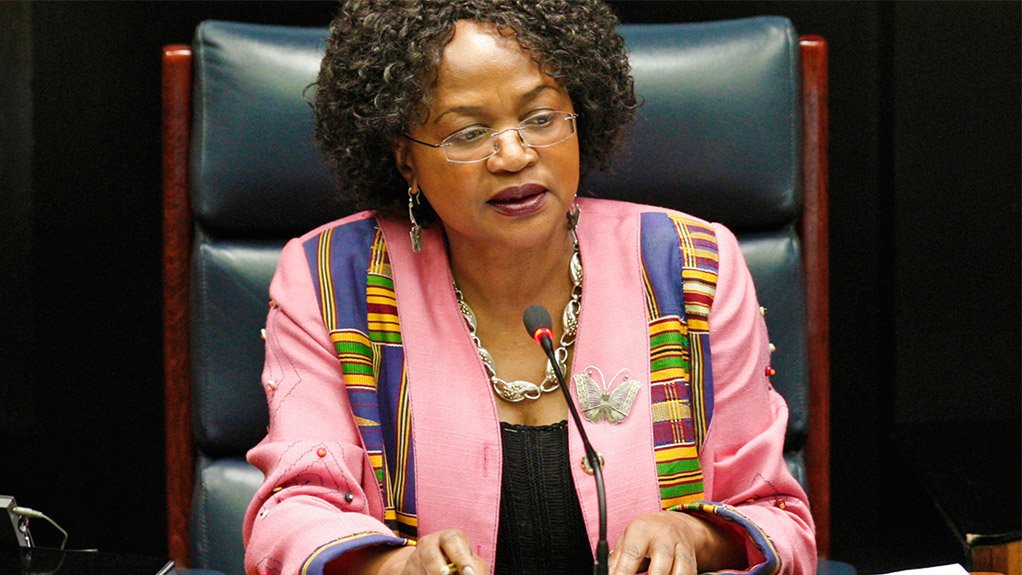As votes were being counted across Liberia to determine the country’s next president, and legislators, South Africa’s Speaker of the National Assembly, Baleka Mbete, on Thursday commended outgoing President Ellen Sirleaf Johnson for her successful presidency.
“We owe thanks to our mother, sister and leader for the calm and determined way in which she helped to stabilise the country and made Liberians feel at home in their own country,” Mbete told the tenth Annual Conference on Women’s Rights during the fifth session of the Pan African Parliament (PAP), at the Gallagher Conference Centre in Midrand on Thursday.
“Bringing real and lasting solutions are in the hands of the PAP. We can’t rest until there is peace and security on the African continent,” Mbete told the audience.
Turning to the theme of the conference, the house speaker expressed gratitude that organisers were addressing the painful issue of Female Genital Mutilation (FGM), describing it as degrading towards women and girls, and a form of discrimination and violence.
The conference was officially opened by Haidara Aichata Cisse, the Chairperson of the PAP’s Women’s Caucus, who said African women would respond to the mismanagement inflicted on Africa by unfair decisions such as the travel sanctions placed by the US Administration on Chad and the proposed sanctions on the Democratic Republic of Congo (DRC).
“Africa shall no longer accept veiled colonisation,” said Cisse.
Her comments on the discrimination African women faced were equally strong.
“Africa’s priorities must focus on women and youth for the continent to develop. How can the continent’s full potential be reached if over half its population is excluded from full equality?” asked Cisse.
“As wives and mothers we must also fight the practise of FGM which is unacceptable in the 21st century.
Justine Coulson, the United Nations Population Fund’s Regional Director for Eastern and Southern Africa, told conference attendees that ending FGM, gender inequality and violence was imperative for Africa’s future development.
“If we don’t invest in health and education for all Africans, the continent won’t advance. Gender empowerment is essential and countries won’t reap the benefit of gender dividend if discrimination against women is not eliminated,” warned Coulson.
She said the world still had a long way to go with 200-million women and girls around the world living with the traumatic consequences and complications of FGM. “Only 24 African governments have laws against FGM.”
However, Coulson added that there had been some progress in fighting FGM with over 3 000 African communities committing to fighting against the practise since 2008.
“These results wouldn’t have happened without the PAP. However, PAP parliamentarians can still do more to help the 300 million women and girls across Africa who still face FGM,” said Coulson.
EMAIL THIS ARTICLE SAVE THIS ARTICLE
To subscribe email subscriptions@creamermedia.co.za or click here
To advertise email advertising@creamermedia.co.za or click here











